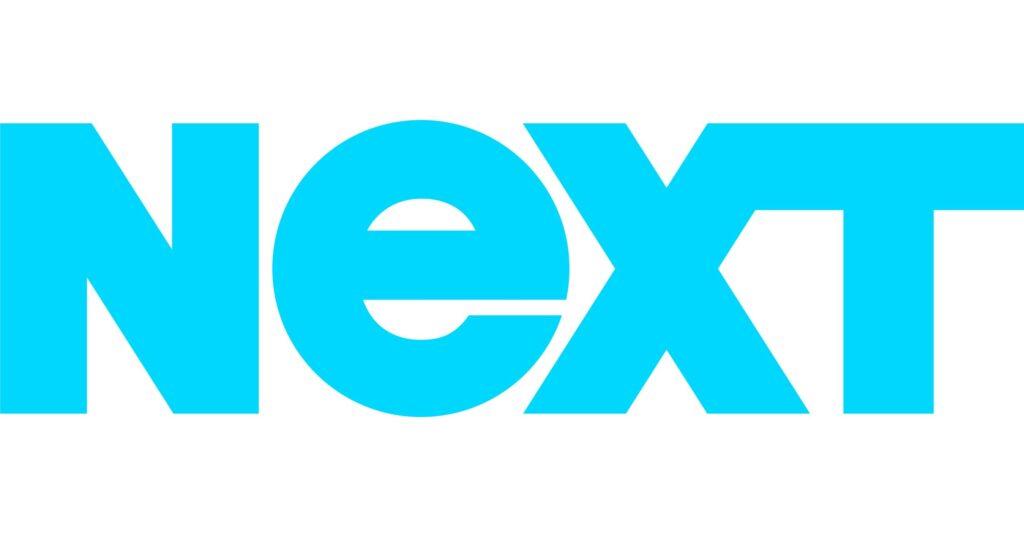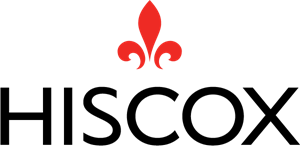Small business insurance coverage plays a vital role in protecting your business from potential risks and liabilities. Whether you own a retail store, a consulting firm or an online business having the right insurance coverage can provide financial security and peace of mind. In the event of unexpected accidents, property damage or lawsuits insurance coverage can help mitigate the financial burden and ensure the continuity of your business.
The purpose of this blog post is to provide you with essential guidance on selecting the right insurance coverage for your small business. We understand that navigating the world of insurance can be overwhelming, especially for entrepreneurs and small business owners who may not have extensive knowledge in this area. By following the steps and considerations outlined in this post, you will be better equipped to make informed decisions and tailor your insurance coverage to meet your specific needs. Let’s dive into the key factors you should consider when choosing small business insurance coverage.
Assessing Your Small Business Insurance Needs
When it comes to small business insurance coverage, there are various types available to consider. These may include general liability insurance, property insurance, professional liability insurance, commercial auto insurance, workers’ compensation insurance and more. Each type of coverage serves a specific purpose and protects against different risks.
Assessing your individual business risks and requirements is crucial in determining the appropriate insurance coverage. Consider the nature of your business, the industry you operate in the size of your company and the potential risks associated with your operations. Conducting a thorough risk assessment will help you identify the areas where insurance coverage is most needed.
To provide examples of common small business insurance needs let’s consider different industries. For a retail business, general liability insurance to protect against slip-and-fall accidents or product liability claims may be essential. A technology startup might require professional liability insurance to cover errors and omissions in their services. Construction companies could benefit from contractor’s liability insurance to protect against property damage or injuries at job sites. It’s important to tailor your insurance coverage to the specific risks inherent in your industry.
- Understanding the Types of Small Business Insurance Coverage
The main types of small business insurance coverage include general liability insurance, property insurance, professional liability insurance, commercial auto insurance, workers’ compensation insurance and more. Each type serves a unique purpose in safeguarding your business against potential risks and liabilities.
Property insurance protects your business assets including buildings, equipment and inventory against perils such as fire, theft or vandalism. Professional liability insurance also known as errors and omissions insurance covers claims arising from professional services or advice provided by your business.
To illustrate the relevance of different coverage types consider the following scenarios; a customer slips and falls in your store, leading to an injury. General liability insurance would cover the resulting medical expenses and potential legal costs. If a fire damages your office space and destroys your equipment property insurance would help reimburse the repair or replacement costs. If a client sues your consulting firm for negligence in providing advice professional liability insurance would cover legal defense costs and potential settlements.
- Evaluating Insurance Providers
When selecting an insurance provider for your small business, there are several key considerations to keep in mind. Look for providers with a strong track record and good customer reviews.
Customer service is crucial when dealing with insurance claims and policy inquiries. Ensure that the insurance provider offers responsive and helpful customer support.
Seek insurance providers that offer tailored coverage options to meet the specific needs of your business. Compare quotes and policies from different providers to find the best balance between coverage and affordability.
- Determining Coverage Limits and Deductibles
Assessing appropriate coverage amounts depends on factors such as the size of your business industry norms and potential risks. Consider the value of your business assets potential legal liabilities and the financial impact of unforeseen events when determining coverage limits.
Understand that there is a trade-off between lower premiums and higher deductibles. While higher deductibles can lower your premiums they also mean you’ll bear more of the financial burden in the event of a claim. Find a balance that aligns with your risk tolerance and financial capabilities.
- Navigating Policy Exclusions and Additional Coverage Options
Policy exclusions are important to be aware of. They are specific situations or circumstances not covered by your insurance policy.
Additional coverage options can provide enhanced protection for your business. For example, business interruption insurance covers lost income and extra expenses in the event of a covered disruption to your operations. Cyber liability insurance helps protect against data breaches and cyber-attacks.
When deciding on additional coverage options assess the specific risks your business faces. Consider factors such as the reliance on technology, the sensitivity of customer data or the potential impact of a temporary shutdown. Tailor your coverage to address those risks.
Top small business insurance companies in the united state

Next Insurance is an online insurance company that aims to provide small businesses with a quick and accessible way to obtain a wide range of affordable insurance coverages. With a streamlined online process customers can secure coverage in approximately 10 minutes. However, for those who prefer personalized assistance. Next also offers the option to speak with a U.S.-based advisor in their local area.
Pros
Live Certificate of Insurance.
Customizable Policies.
Online Quote and Application with Assistance.
Cons
Limited Specialized Coverages
Next Insurance provides several types of commercial insurance coverage. Customers can purchase a business owner’s policy which includes general liability insurance and commercial property insurance. Additionally, Next Insurance offers commercial auto insurance worker’s compensation coverage, professional liability insurance, tools & equipment insurance and more. Business owner’s policies start at approximately $400 per year providing an affordable option for small businesses.
The company’s digital policy management tools are designed to enhance the customer experience. Customers can effortlessly share a live certificate of insurance. streamlining collaboration with partners and clients. Furthermore, the ability to quickly add an additional insured at no extra cost demonstrates Next Insurance’s commitment to flexibility and convenience.
Next Insurance offers monthly payment options and provides discounts of up to 25% for eligible customers. These cost-saving measures help make insurance coverage more affordable for small businesses. Additionally, Next Insurance boasts an A- (Excellent) financial strength rating with AM Best which demonstrates the company’s financial stability and ability to meet its policyholders’ obligations.

The company also offers standalone policies for professional liability and general liability insurance. This wide range of coverage options allows independent contractors to select the policies that best suit their specific needs.
Hiscox boasts an A (Excellent) rating from AM Best indicating excellent financial strength. This rating offers reassurance that the company is well-equipped to meet its financial obligations and pay out claims promptly.
Hiscox offers competitive pricing for its insurance policies. Business owner’s policies (BOPs) start at around $500 per year. making them relatively affordable for independent contractors and freelancers.

Huckleberry insurance is a highly recommended choice for restaurant and food business insurance needs. With policies underwritten by reputable companies like Markel and Chubb excellent customer service reviews on Trustpilot, a seamless online quote and application process and a wide range of customization options. Huckleberry stands out as a reliable insurance provider for small businesses in the food industry. While there are a few limitations such as the absence of employee benefits packages. Huckleberry’s offerings and customer satisfaction make it a top contender in the market.
Pros
Policies underwritten by Markel and Chubb
Excellent customer service reviews on Trustpilot
100% online quote and application
Wide range of customization options
Cons
Doesn’t offer employee benefits packages
Huckleberry’s BOP is a standout offering, encompassing general liability, commercial property and business interruption insurance. This comprehensive coverage package is reasonably priced and provides crucial protection for brick and mortar restaurants, caterers, food trucks and more. For instance, the starting price for a food truck BOP is as low as $37 per month, making it an affordable choice for small businesses operating in the food industry.
What sets Huckleberry apart is their dedication to customer satisfaction. Numerous positive reviews on Trustpilot highlight their exceptional customer service, prompt response times and overall professionalism. The majority of their policies are underwritten by Markel and Chubb both of which have excellent financial strength ratings from AM Best, instilling further confidence in the reliability of Huckleberry’s coverage.
Conclusion
Selecting the right small business insurance coverage involves assessing your business needs, understanding the available types of coverage, evaluating insurance providers, determining coverage limits and deductibles, exploring additional coverage options. Consider reputable companies like Next Insurance, Hiscox and Huckleberry that offer tailored coverage options and excellent customer service. By following these steps you can protect your business from risks and liabilities effectively.
Do you know that about workers compensation insurance?
Keep reading us to find the #1 insurer!
















